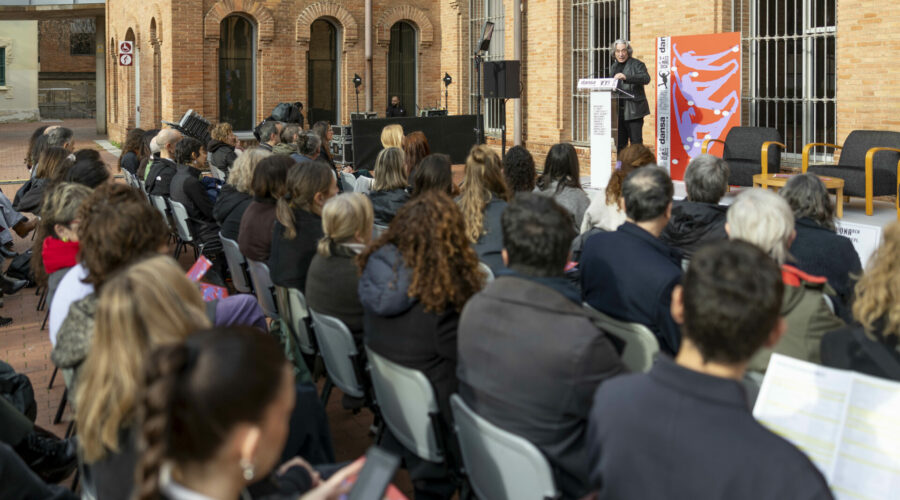
Hospital Clínic Barcelona celebrates an unprecedented medical milestone with the birth of the first uterus transplant baby in Spain.
Tamara Franco, a 34-year-old woman who suffered from Rokitansky syndrome, a congenital disorder that affects the female reproductive system, was able to fulfill her dream of becoming a mother thanks to this revolutionary technique.
Rokitansky syndrome affects approximately one in 5,000 women worldwide, who are born without a uterus and fallopian tubes, which prevents them from conceiving naturally.
Despite this adversity, Tamara never lost hope of starting a family.
The process at Hospital Clínic Barcelona
After learning that Clínic Barcelona was conducting research on uterus transplants, she contacted Dr. Francisco Carmona who became her ally in this extraordinary journey.
The process involved a series of tests for both Tamara and her sister, who ultimately donated her uterus to make the pregnancy possible.
After a successful 20-hour surgery in October 2020, Tamara experienced a normal recovery and underwent immunosuppressive treatment, like anyone else with a transplanted organ.
After two months, Tamara had her first menstrual period, indicating that the transplanted uterus was functioning properly.
However, a miscarriage in the eighth week of gestation brought momentary discouragement. But Tamara did not give up and after overcoming the setback, she continued on bravely.
The road to motherhood was not easy for Tamara, who also contracted COVID-19 in the midst of the pandemic, further delaying the process.
But finally, after a fourth embryo transfer, Tamara became pregnant with Jesus, her beautiful son.
High-risk pregnancy
Given the high risk of pregnancy due to prematurity, Tamara was attended by a medical team specialized in gynecology and maternal-fetal medicine.
The pregnancy was closely monitored and a conventional cesarean section was scheduled at 30 weeks gestation to ensure the safety of both mother and baby.
The birth of Jesus, through an uncomplicated cesarean section, was an exciting and joyful moment for Tamara and the medical team.
The baby weighed 1,125 grams at birth and received the necessary care in the Neonatal Intensive Care Unit for 43 days, without significant complications despite being premature.
Dr. Francisco Carmona, who led the medical team in this historic achievement, expressed his excitement and highlighted the importance of this breakthrough in reproductive medicine.
He indicated that there are only ten to twelve medical teams in the world capable of performing this technique.
The birth of the first baby by uterus transplant in Spain marks a milestone in the field of medicine.



